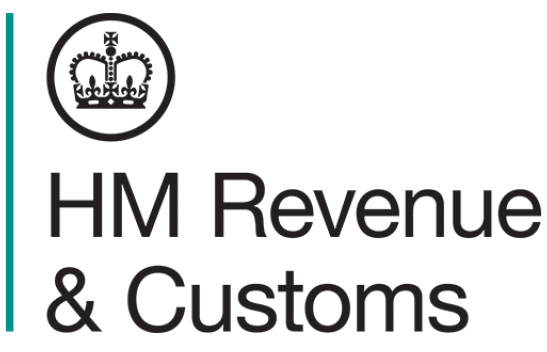
HMRC Strikes and impact on accounting. Over 400 dedicated employees of HMRC (His Majesty’s Revenue and Customs) have decided to take a collective stand and go on strike for 18 days in May and June.
The Public and Commercial Services (PCS) Union has announced that 432 of its members, who work as customer service advisers in Glasgow and Newcastle-upon-Tyne, will be participating in the strike on the following dates:
- 10 – 12 May
- 15 – 19 May
- 22 – 26 May
- 29 – 31 May
- 1 – 2 June
The decision has been made due to an ongoing dispute between the PCS and the government concerning issues such as fair pay, pensions, job security, and redundancy.
Mark Serwotka, the general secretary of the PCS, expressed the frustration of the hard-working HMRC members, who feel undervalued by a government that appears to neglect its staff. Serwotka emphasized that a fair offer from the government to address the current cost-of-living challenges and support the employees, in the long run, could resolve the strike promptly.
Recent strikes by HMRC employees over pay, job security, and working conditions raise concerns about the impact on the UK’s accountancy industry. HMRC’s role in tax collection, state support, and regulatory administration makes any disruption far-reaching, affecting multiple industries, including accountancy.
Understanding the HMRC Strikes
Before exploring the effect on the accountancy sector, it is crucial to grasp the reasons behind the strikes. HMRC workers are discontent with their wages, job stability, and working environment during the strikes. Additionally, with the added burden of tax modifications related to Brexit and the impact of the COVID-19 pandemic, employees feel overwhelmed and underappreciated. Consequently, multiple strikes and protests have occurred, significantly impeding the HMRC’s operations.
Impact on Tax Services and Compliance
The accountancy industry faces immediate disruption to tax services and compliance due to strikes. HMRC strikes delay tax return processing, creating backlogs impacting taxpayers, businesses, and accounting firms.
With fewer HMRC staff for guidance, tax compliance is confused, especially for Brexit and post-pandemic regulations. Accountants must navigate these waters independently, increasing the time and effort required to ensure their client’s submission. This can, in turn, increase client costs and potentially undermine confidence in the accountancy industry.
Longer Processing Times and Its Impact
Another significant consequence of the HMRC strikes is longer processing times for numerous routine procedures.
For instance, the HMRC strikes have affected VAT registration, tax code changes, and requests for information or clarification. This is causing significant operational delays for accountants and businesses alike. Increased administrative tasks reduce accountants’ productivity and hinder the prompt delivery of quality services to clients.


Increased Pressure on Accountants
With HMRC’s strikes leading to delays and backlogs, accountants across the UK are under increased pressure.
Tax professionals face new regulations and strained HMRC relationships, resulting in longer hours, heightened stress, and mental health decline.
Pressure causes accounting and tax compliance errors, risking severe consequences for businesses and individuals. Accountants must be able to rely on guidance and support from HMRC, which is notably lacking during strikes.
The Need for Digitalisation
This crisis also highlights the necessity for further digitalisation within HMRC and the accountancy profession. Digital infrastructure can ease strike impacts by automating tasks. Despite progress like Making Tax Digital, HMRC needs more digitalization.
Looking Ahead - HMRC Strikes
As the HMRC strikes continue, their impact on the UK accountancy industry will likely deepen. Accountants adapt to challenges through digital solutions, seeking expertise and staying updated on tax regulations.
Priority lies in addressing underlying strike causes: pay, job security, and working conditions, for long-term resolution. This will help restore the normal functioning of HMRC and ensure the stability and health of the UK accountancy industry.
Nevertheless, the strikes serve as an indication of underlying problems within the tax administration system of the UK. Therefore, they should act as a catalyst for comprehensive reform, with a focus on establishing a tax system that is more robust, streamlined, and fair. An improved HMRC would bring advantages to the employees and UK accountants, businesses, and the overall economy.
Contact Sepera College
Make an appointment for a free phone consultation, and you will also receive more information regarding free education and more information regarding our courses. Please use our Free Consultation form to make an appointment with our team. You can also call us or write to our email.

Source: www.standard.co.uk | Keywords: HMRC Strikes and Their Impact on Accountancy, HMRC Strikes, strikes, accounting, accountants, tax.


